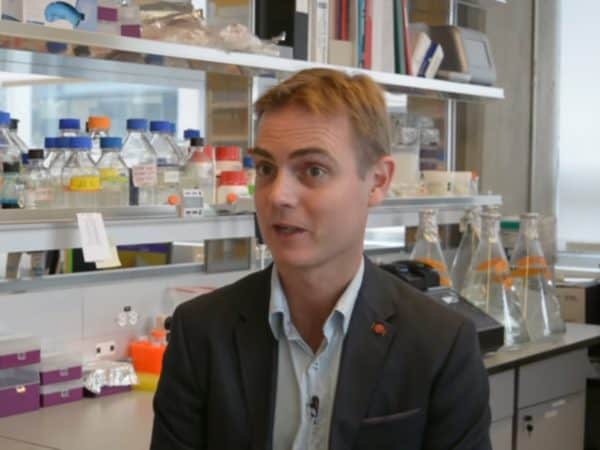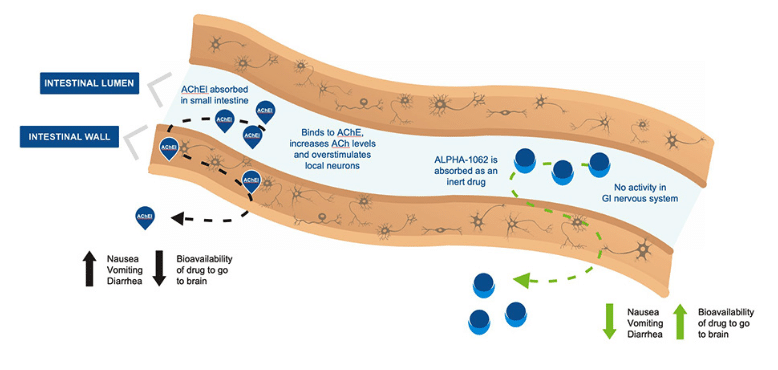

The breakthrough involves a drug created from a malaria protein, which stopped tumour growth when the cancer was resisting chemotherapy.
Mads Daugaard, an assistant professor of urologic science at the University of British Columbia and a senior research scientist at the Vancouver Prostate Centre and the Vancouver Coastal Health Research Institute, said this is the first study in which researchers put the concept of using malaria proteins for cancer therapy into a direct clinical context.
“There is a massive clinical need to find new treatments for bladder cancer and we saw an opportunity to target this disease with our new malaria drug,” said Daugaard.
With this research, highly aggressive bladder cancer tumours that were resistant to chemotherapy were implanted in the bladder of mice. The researchers then tested whether the malaria protein could deliver drugs directly to tumours, and they found the tumours responded dramatically to the malaria drug combo, stated the UBC release.
The results were 80 per cent of the treated mice were alive after 70 days, while the other animals in three control groups succumbed to the cancer.
This study follows previous research that showed VAR2CSA, a protein from the malaria parasite, was capable of targeting many types of cancer tumours.
At the moment, there is one line of chemotherapy used for invasive bladder cancer, with few advancements made in the last 20 years for new treatments.
Daugaard said chemotherapy is the mainstay of treatment, and only a minority of patients respond to the second treatment option, immunotherapy.
“We’re very excited by these results because it shows that we are on our way to developing a completely new treatment option for lethal bladder cancer. It has the potential to have a tremendous impact on patient care.”
In past studies, Daugaard and his colleague Ali Salanti, at the University of Copenhagen, established the VAR2CSA protein could be used to deliver cancer drugs directly to tumours because it binds to a sugar molecule that is found only in cancer tumours and the placenta of pregnant animals.
These latest findings demonstrate the same sugar is expressed in bladder cancer and is especially abundant in tumours that progress after being treated with the standard chemotherapy drug cisplatin, stated the release.
Through Daugaard and Salanti’s startup company VAR2 Pharmaceuticals, the next step for these researchers is to design a process that could see the VAR2CSA drug combination manufactured on a larger scale to begin clinical trials.
This study was recently published in European Urology.
Below: Malaria protein shows potential as cancer treatment
Leave a Reply
You must be logged in to post a comment.



 Share
Share Tweet
Tweet Share
Share




Comment